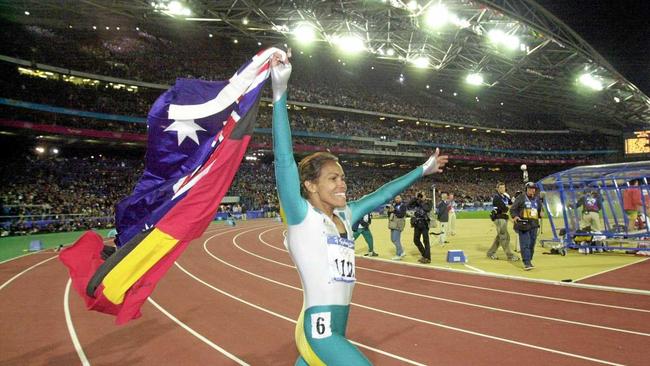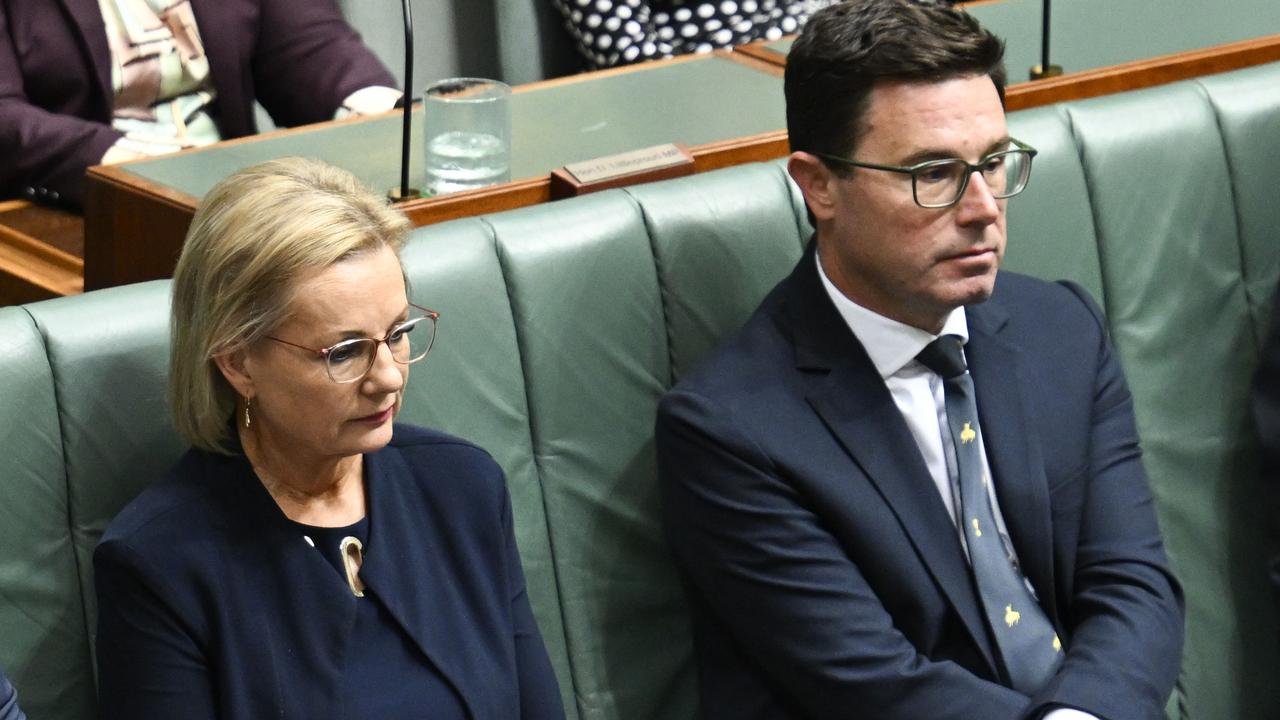OPINION: Change the date? 'Both sides have valid points'
Gympie commentator Colin Claridge says both sides have valid points

Gympie
Don't miss out on the headlines from Gympie. Followed categories will be added to My News.
THE twenty-sixth day of January, 2019 marks the two hundred and thirty-first anniversary of the Arthur Phillip landing in Sydney Cove in New South Wales with his cargo of human beings.
We can continue to debate the appropriateness of that date being assigned as the one celebrated as our national day.
Both sides have valid points.
On one hand, it always seems to be a Sydney-centric celebration.
Anyone who remembers the 1988 bi-centennial year will recall how much of it seemed to concentrate on the Harbour City.
Hence, it can be argued whether the establishment of a convict settlement there evokes much passion from someone in free-settler established Adelaide, or the descendants of Italian or Danish immigrants to north Queensland; where the historical significance of being Australian is rooted in perhaps other events.
The date has long been the subject of debate and disagreement.
It wasn't until just after WWII that a Commonwealth Government was able to wrangle all the states into line and obtain an agreement to hold a National Day on the nearest Monday to January 26.
That situation continued into the 1990s before there was national agreement to set January 26 as the public holiday, regardless of what day of the week it fell.
So, the date of January 26 is far from a long-established tradition.
But it can also be argued that traditions have to start somewhere.
What we should be able to do is respectfully debate, as a nation, whether or not this particular date and its historical context remains the most appropriate date to represent our nationhood.
Perhaps that debate needs to be held to the exclusion of politicians and the most mischievous of commentators from both the Left and the Right.
Otherwise, it risks descending into a personal slanging match: achieving nothing and edifying nobody.
I find it a little too simplistic to dismiss the debate over the date of Australia Day as one where any alternative date chosen won't satisfy everyone either.
That of course is a reasonable comment but fails to acknowledge that few other alternative dates would be such a source of contention.
I'm sure that back in the first half of the twentieth century, when we were still considered to be British citizens and the Indigenous peoples of this continent weren't even regarded as citizens, the twenty-sixth day of January seemed a perfectly logical choice.
This was long before the rules of Terra Nullius were found to be legally invalid, after all.
Whilst the current date remains such a contentious one for a fair chunk of the modern Australian society, surely it does no harm to prosecute the case for a date change.
Unlike the mischievous assertions by some, this is not a debate about scrapping our national day.
It's about moving it to a date that is respectful of our First Peoples and more relevant to an Australian population which no longer resembles one that looks like it just stepped off the boat from Portsmouth.
Australia Day should be a day that brings us together as a nation, despite variants in culture, origins or social rank.
Because of the history that isn't as sanitised as we were once taught, we should have the ability to examine the case both for and against moving the date in a mature and logical fashion.
That's not being "un-Australian”.
That's just a sign of a society growing up.
Perhaps January 1 would be a more appropriate day upon which to celebrate Australia's nationhood.
It's the date of our Federation.
When the separate colonies joined together as a nation on January 1, 1901.
That removes any association with a perceived invasion; still so raw in the hearts of many of our Indigenous peoples.
We have so very much work yet to do to improve the lot of our First Peoples and it does require much more than symbolic gestures.
But moving the date of the national day would be a start.
Coupled with a move to January 1 for Australia Day, consideration should be given to gazetting June 3 as a public holiday; focussing on highlighting Indigenous culture and issues.
That's the day in 1992 when the High Court of Australia made the celebrated Mabo ruling, effectively ending the idea of Terra Nullius.
Australia Day should be a National Day which serves to bring all its peoples together and it is clear that the traditional date just doesn't do it.
Tradition is good when it serves to strengthen and define society.
But tradition can also be used as an excuse to not fix historical wrongs.


